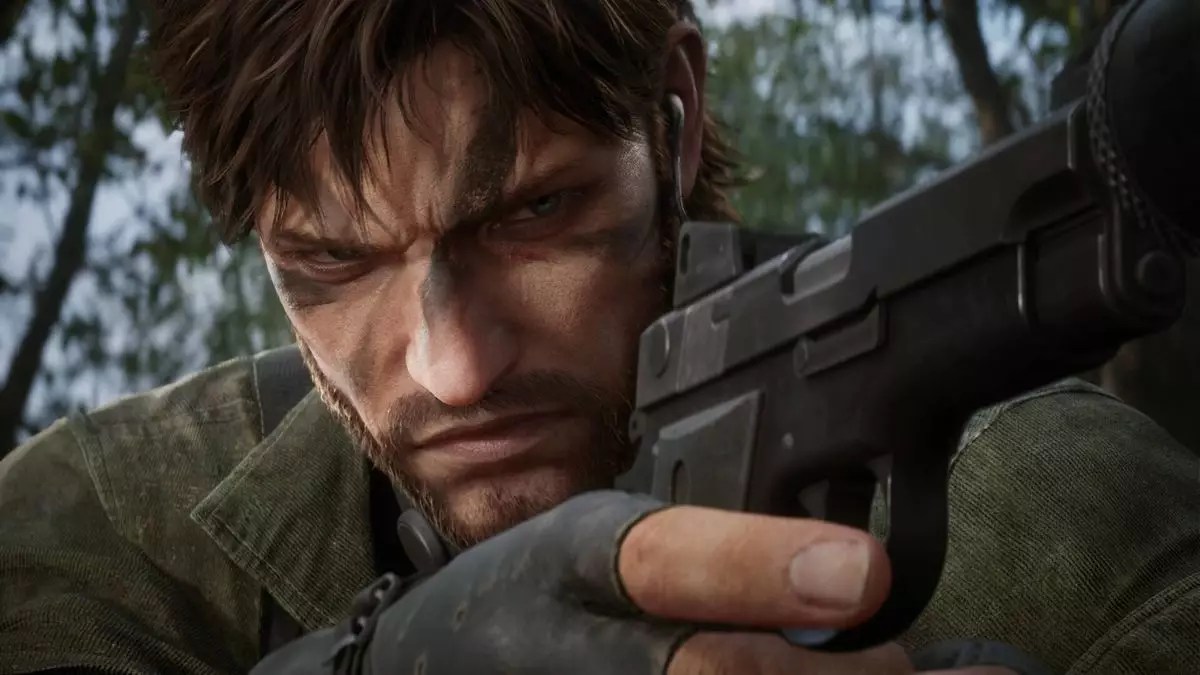The Metal Gear series holds a prominent place in gaming history, a cultural touchstone for those who grew up during its rise in the late 20th and early 21st centuries. However, a pressing concern has emerged regarding the potential unfamiliarity of younger gamers with iconic characters and narratives that have shaped the industry. Noriaki Okamura, the producer behind the highly anticipated Metal Gear Solid Delta, recently highlighted this issue in an interview with *Play* magazine, revealing that many members of the new generation of gamers aren’t well-acquainted with Solid Snake and the profound lore of the franchise.
For those who have devoted countless hours to navigating the intricate plots and engaging gameplay of earlier titles, it may seem unfathomable that the Metal Gear narrative universe could be overlooked. Yet, given that the original release of *Metal Gear Solid 3: Snake Eater* occurred two decades ago, it is understandable that a new breed of gamers may not have been exposed to these foundational stories. The absence of mainline Metal Gear games since 2015 has only exacerbated this disconnect, raising questions about the survival and relevance of the franchise.
Reviving Interest Through Remakes
The forthcoming release of Metal Gear Solid Delta represents more than a simple remake; it is an intentional effort to capture the attention of a diverse gaming audience and rejuvenate interest in the series. Okamura emphasizes the dual focus of this project: to evoke nostalgia for long-time fans while simultaneously introducing the saga to newcomers. The desire to educate new players about Metal Gear’s rich history is not just an afterthought; it is a core ambition driving the team behind Delta.
One pivotal choice made by Konami in their restructuring of the franchise’s identity has been the decision to adopt the Greek letter “Delta” instead of using the traditional numbering system. This choice may initially appear perplexing, especially since it seems counterintuitive to begin the series’ remakes with an entry labeled as the third installment. However, the Delta moniker symbolizes a fresh beginning and reinforces the chronological focus of the narrative, positioning the game as an essential entry point for new fans navigating the series for the first time.
Establishing Cultural Relevance
With the gaming landscape evolving rapidly due to technological advancements and shifting player demographics, the challenge of maintaining cultural relevance is ever-present. Okamura’s dedication to ensuring the legacy of the Metal Gear series continues is commendable. He expresses a sense of responsibility to preserve and communicate the series’ core themes and character legacies. As he succinctly put it, “we leave behind much more than just DNA.” This acknowledgment of legacy speaks volumes about the importance of storytelling in video games—a medium often dismissed as mere entertainment.
Metal Gear Solid Delta aims to bridge the gap between generations of gamers by reviving an influential franchise while simultaneously reaching out to new audiences. By redefining its approach to storytelling and character introduction, Konami hopes to instill a sense of curiosity about Metal Gear’s storied past, ensuring that Solid Snake and his adventures are not relegated to the annals of nostalgia but remain relevant in today’s gaming culture.


Leave a Reply